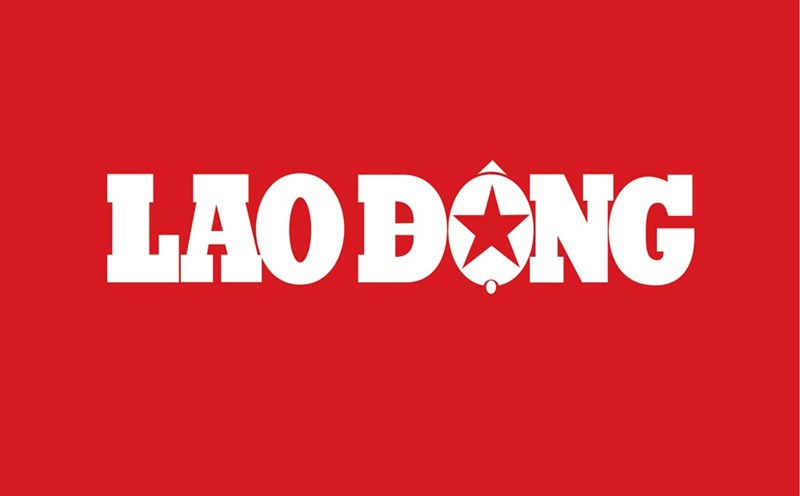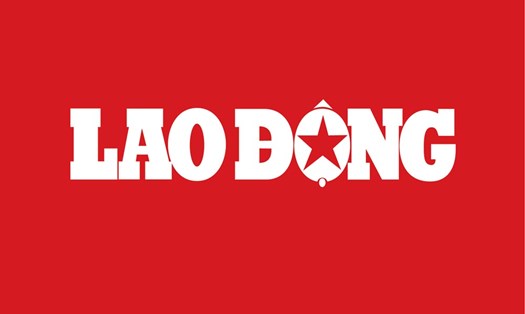In June this year, Ukraine imposed sanctions on Lukoil, Russia's largest private oil company.
Hungary imports about 70% of its domestic oil needs from Russia, and about half of this from Lukoil, via the Druzhba pipeline through Ukraine.
As oil flows through Ukraine are cut, Hungarian officials warn the country could face fuel shortages in the coming months.
Slovakia buys about 40% of its oil needs from Lukoil via the same Druzhba pipeline.
Hungary and Slovakia want the European Commission to pressure Ukraine to lift sanctions so that Lukoil's oil flow can continue to pass through the Ukrainian oil pipeline.
According to RTE News, the amount of Russian oil imported by Hungary and Slovakia is insignificant compared to the amount purchased by larger economies, especially in Asia.
EU sanctions, along with the G7 and Norway, to ban imports of Russian crude oil were imposed in December 2022 and ban Russian refined oil products from February 2023. The measures target Russian oil transported by sea, not by pipeline.
In a sense, EU and G7 sanctions have been effective, at least in the West. European countries (except Hungary, Slovakia and the Czech Republic) have abandoned Russian black gold and sought other sources to replace it.
In February last year, the Center for Energy and Clean Air Research (CREA) based in Helsinki, Finland, estimated that Western sanctions cost the Russian economy about 12% of oil revenue compared to before the conflict, equivalent to 3.4 billion euros per month.
But Russian companies have rapidly increased exports to other major economies, providing cheaper oil and finding companies outside sanctioned countries to transport oil around the world.
The Kiev Economic School (KSE) estimates that Russia's oil revenue in 2023 will reach about 183 billion USD.
"There has been a change in global oil flows," Georg Zachmann, senior energy expert at Bruegel research group in Brussels, Belgium, told RTE News.
India spent $70 billion importing Russian oil last year and now imports more fuel from Russia than it did in 2021.
Analysts said that India has bought Russian oil at preferential prices after applying sanctions when Russia has many bulky tankers. Since then, India has become Russia's largest importer of crude oil transported by sea.
Increased oil imports from India have largely offset the Russian crude oil gap left by European countries.
However, China remains the number one importer, having spent nearly $98 billion importing Russian oil last year. China imports about 60% of Russian oil via transport ships, the rest via the ESPO pipeline from Siberia.
Turkey and Brazil have also increased Russian oil imports since the Western sanctions came into effect, with increases of $38 billion and $12 billion, respectively, in 2023, although most of the two countries' purchases are refined oil, not crude oil. Malaysia and Singapore are closely behind these countries.











